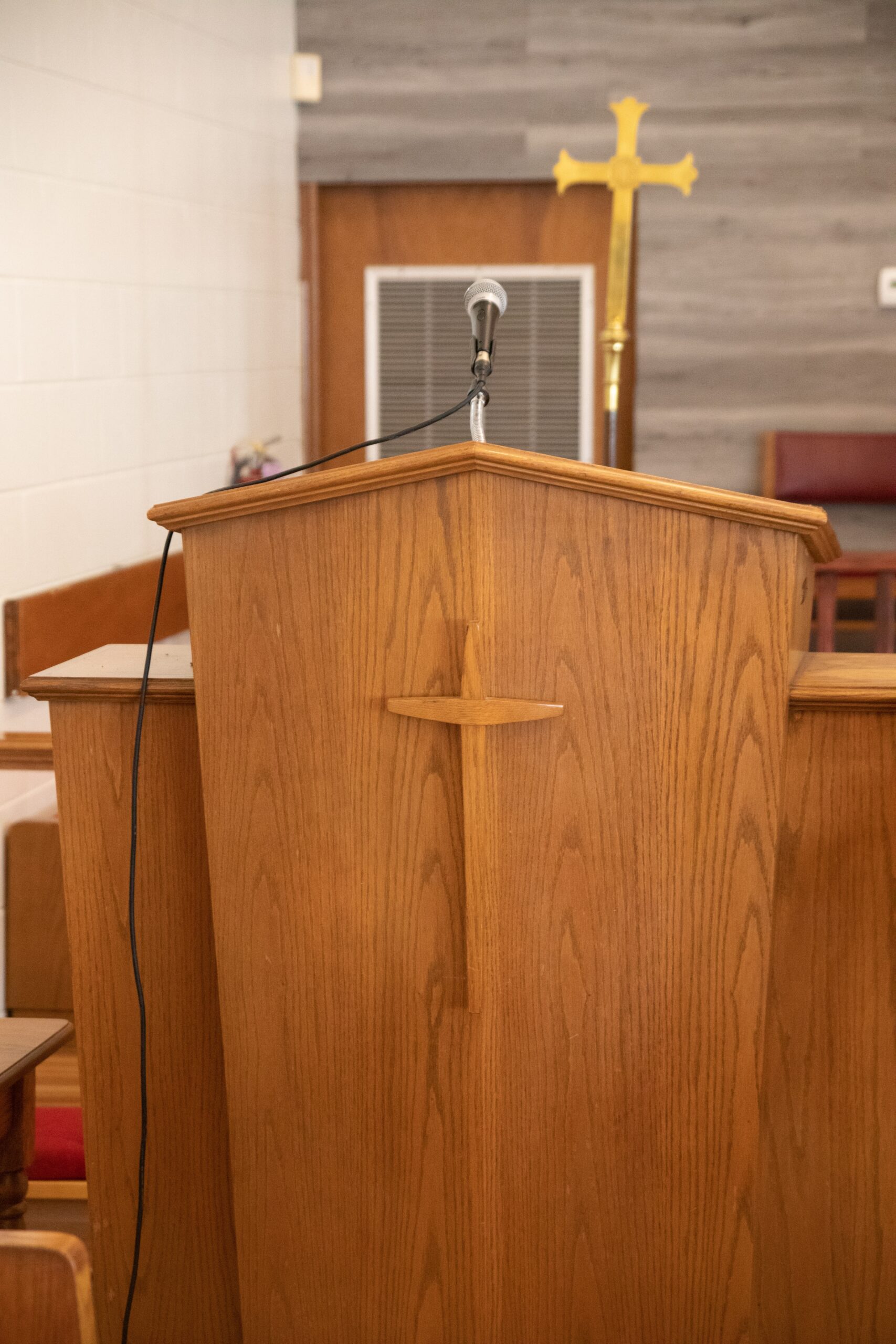The Bible was written over a period of 1500 years in multiple countries and languages. The Bible contains a repository of historical, moral, and religious codes by different authors who lived in vastly different social environments. All these authors across the years are all pointing back to one person, Jesus Christ and His work of salvation. The various cultural and historical contexts of the authors present us with the problem of complexity when it comes to interpreting the scriptures. This complexity, however, is often ignored in modern culture leading to widespread biblical illiteracy. Sermons play a crucial role in addressing this issue by providing interpretation, contextual knowledge, and reinforced scripture. By examining historical subtexts, cross-referencing texts, and applying an exegetical approach, sermons serve as an insightful tool to bridge the gap between the host of theological complexities and the post-modernity of the current generation.
It is often perceived that the seminary or a theological school is the only place where one can grasp the profound teachings of the Bible. This notion, however, puts a limit not only to theological exploration but also to the accessibility towards understanding the Bible’s true meanings as intended by the authors. Sermons, hence, transcend this limitation by extending theological understanding outside the confining walls of a university or seminary. This means one of the goals of faithful preaching would incorporate teachings on the right way to explore Biblical texts not just at a Sunday service but on a day-to-day basis.
But as for you, continue in what you have learned and have firmly believed, knowing from whom you learned it and how from childhood you have been acquainted with the sacred writings, which are able to make you wise for salvation through faith in Christ Jesus. All Scripture is breathed out by God and profitable for teaching, for reproof, for correction, and for training in righteousness, that the man of God may be complete, equipped for every good work. – 2 Timothy 3: 16-17
Biblical literacy is the key for believers to grow into the fullness of the knowledge of Christ. 2 Timothy 3 reveals to us the primary goal of the scriptures and we see that the scriptures have been designed to make us wise unto salvation through faith in Christ Jesus. The only way believers can therefore come in alignment with the intended purpose of the scriptures is through enhancing their understanding and knowledge. Sermons shine a light on this path by arguing against misconceptions, providing regulatory interpretation, and incessantly pointing every sermon towards Christ – the embodiment of the scriptures.
In one sense, this makes the local church accessible to universities or seminaries of the Bible, an authentic melting pot where the old and young, affluent and impoverished, learned and untrained, bring together their experiences, aiming not just for theological awareness but active biblical application in daily life. Hence, when pastors dedicate sermon timings for theological training, Q&As, and issue handling (like sin, doubt, fear), they truly reflect servant leadership modelled by Christ himself. A well-crafted sermon is not designed to make the audience feel good about themselves or make them the centre of the story. A well-crafted sermon should pass out knowledge and also encourage critical thinking and provoke spiritual conversations, facilitating a platform accessible to all for the sharing of insights, doubts, queries, and revelations. From the preacher to the pew, everyone becomes part of this ongoing conversation.
Encouraging sermons to be a platform of dialogue rather than one-sided discussions alters the understanding and reception of the sermon. Rather than having passive listeners absorbing information, there are participants informed and eager to engage more actively in theological exploration, fostering an environment where curiosity and quest for knowledge are highly encouraged.
Sermons therewith serve as the first bridge in overcoming biblical illiteracy, this then evolves into being catalysts for communal growth and rooting seeds of change gradually within individuals thereby affecting society on a wider scale. Sermons position the church as the centre of spiritual enlightenment and philosophical deliberation rather than merely a place of holiday worship or cultural habituation. Sermons breathed out by preachers are not merely a monologue but become a stage for interactive Bible studies and symbiotic spiritual growth. Thus, empowering believers with biblical literacy that construes better decision-making abilities dynamically anchored in their faith and conviction.
In conclusion, sermons play a twofold role – on one hand, they work towards enhancing biblical education, and fighting ignorance and misconceptions. On the other hand, they open a dialogue for open investigation, self-assessment, and exchange of ideas instigating an alert, informed, and spiritually active audience. Seamlessly fitting into the daily lives of ordinary people, sermons aid in the transformation of believers into disciples who do not merely believe in Christ but understand, follow and portray His teachings vividly in every circumstance. A well-crafted sermon is therefore a guided tour into history, culture, context, and most importantly, diving into the depths of unsurpassable divine wisdom where we encounter Christ at the crossroads.
